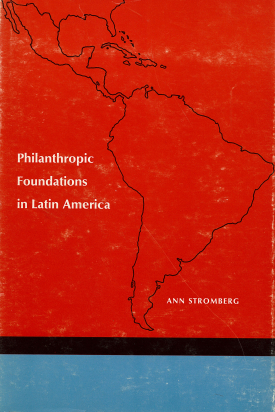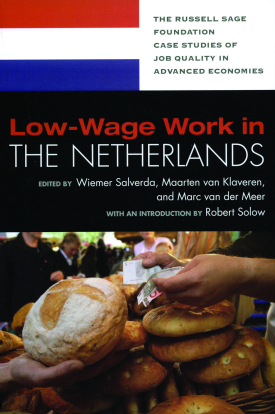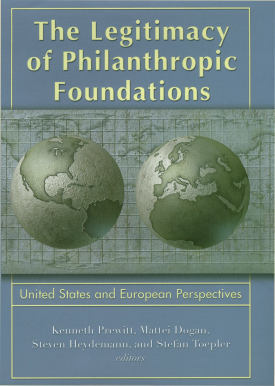Capital of the American Century investigates the remarkable influence that New York City has exercised over the economy, politics, and culture of the nation throughout much of the twentieth century. New York's power base of corporations, banks, law firms, labor unions, artists and intellectuals has played a critical role in shaping areas as varied as American popular culture, the nation's political doctrines, and the international capitalist economy. If the city has lost its unique prominence in recent decades, the decline has been largely—and ironically—a result of the successful dispersion of its cosmopolitan values.
The original essays in Capital of the American Century offer objective and intriguing analyses of New York City as a source of innovation in many domains of American life. Postwar liberalism and modernism were advanced by a Jewish and WASP coalition centered in New York's charitable foundations, communications media, and political organizations, while Wall Street lawyers and bankers played a central role in fashioning national security policies. New York's preeminence as a cultural capital was embodied in literary and social criticism by the "New York intellectuals," in the fine arts by the school of Abstract Expressionism, and in popular culture by Broadway musicals. American business was dominated by New York, where the nation's major banks and financial markets and its largest corporations were headquartered.
In exploring New York's influence, the contributors also assess the larger social and economic conditions that made it possible for a single city to exert such power. New York's decline in recent decades stems not only from its own fiscal crisis, but also from the increased diffusion of industrial, cultural, and political hubs throughout the nation. Yet the city has taken on vital new roles that, on the eve of the twenty-first century, reflect an increasingly global era: it is the center of U.S. foreign trade and the international art market: The New York Times and The Wall Street Journal have emerged as international newspapers; and the city retains a crucial influence in information-intensive sectors such as corporate law, accounting, management consulting, and advertising.
Capital of the American Century provides a fresh link between the study of cities and the analysis of national and international affairs. It is a book that enriches our historical sense of contemporary urban issues and our understanding of modern culture, economy, and politics.
MARTIN SHEFTER is professor of government at Cornell University.
CONTRIBUTORS: James L. Baughman, Paul DiMaggio, Nathan Glazer, Miles Kahler, James R. Kurth, Martin Shefter, David Vogel, and Vera L. Zolberg.










